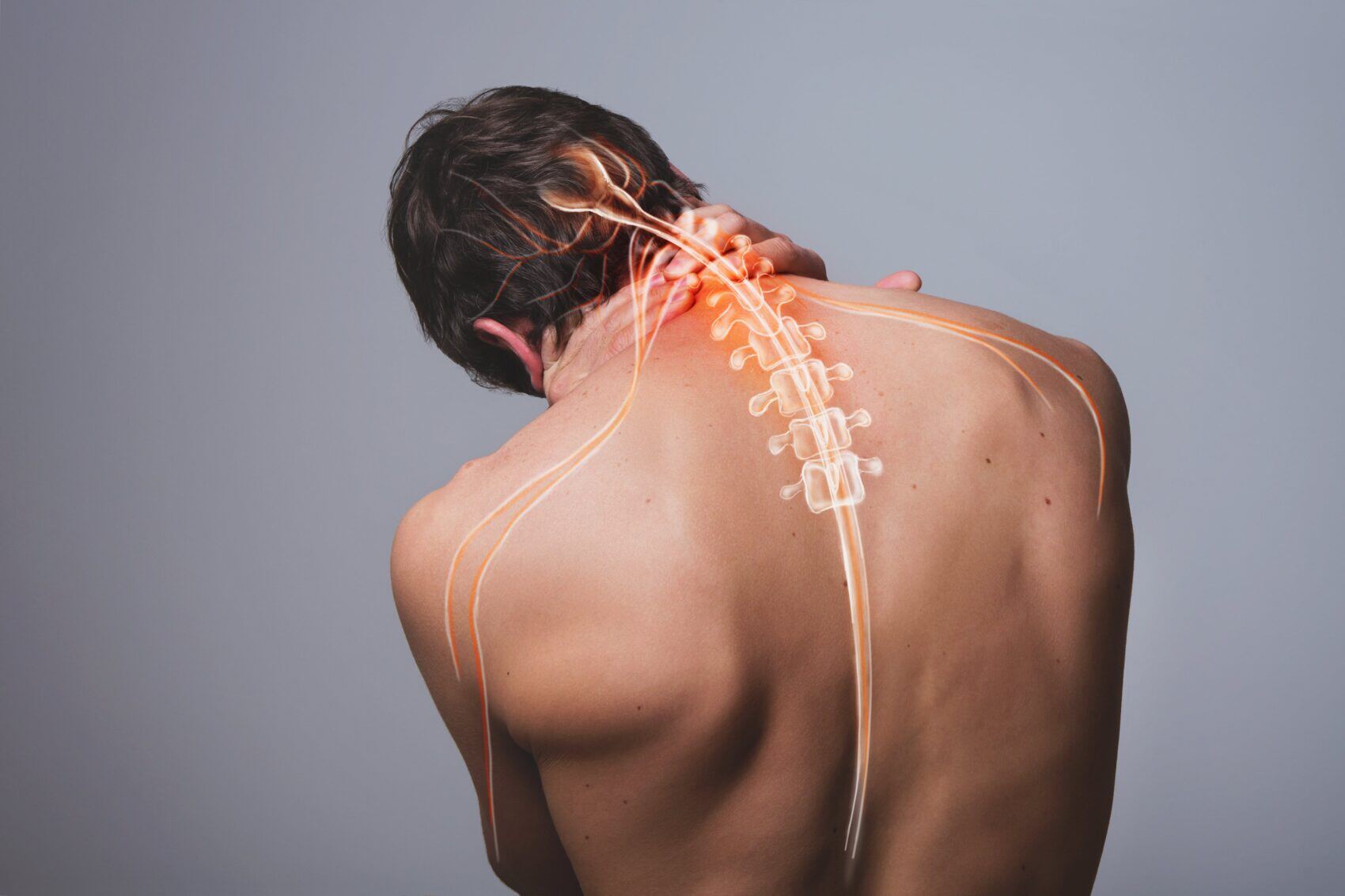How To Manage Pain As An Addict
Pain is a term used by people to describe an unpleasant sensation (often associated with tissue damage) that can range from mild, localized discomfort to agony. Pain is typically classified as either acute or chronic. Acute pain is of sudden onset that is usually the result of a clearly defined cause. Acute pain dissipates within six months and fully resolves when the underlying cause has been treated or has healed. Chronic pain is defined as “pain that lasts more than several months (variously defined as 3 to 6 months, but certainly longer than “normal healing”).” Most adults have experienced pain at some point in their lives, and chronic pain is not uncommon. To discern the prevalence of chronic pain in the United States, the Centers for Disease Control and Prevention (CDC) analyzed data from the 2016 National Health Interview Survey (NHIS) which found an estimated 20.4% (50.0 million) of U.S. adults had chronic pain. Experts assert that chronic pain can have a “major impact on the physical and mental capacity to function in everyday life,” and profoundly affect a person’s quality of life and overall well-being.
Non-Medicine Pain Management Approaches
The recent U.S. National Pain Strategy report emphasizes the benefit of the modern approach to chronic pain management, which typically includes educational information about the nature of pain, and promotes an individual’s ability to prevent, cope with, and reduce pain through interdisciplinary pain treatment modalities. Everyone is unique and will require a customized treatment plan developed by a qualified professional to effectively treat chronic pain. There are a variety of treatment methods, including non-traditional options that could be included in an individual’s treatment plan for chronic pain, such as the following examples:
- Acupuncture: the practice of a trained practitioner inserting fine needles through the skin at specific points on the body to relieve pain.
- Meditation: a set of calming techniques used to encourage a heightened state of awareness and focused attention.
- Reiki: an energy healing technique that utilizes gentle touch to promote relaxation, reduce stress and anxiety, and alleviate pain.
- Tai Chi: an ancient Chinese discipline that entails a noncompetitive, self-paced system of gentle physical exercise and stretching.
- Biofeedback: a form of mind-body therapy that can improve physical and mental health.
- Massage therapy: a type of soft-tissue manipulation that involves using different pressures, movements, and techniques to manipulate muscles and other soft tissues in the body.
- Nutritional therapy: an evidence-based approach that relies on using food, supplements, and healthy diets, to maximize one’s health potential though individually formulated nutritional and lifestyle changes.
- Cognitive behavioral therapy (CBT): a highly structured, short-term, goal-oriented form of psychotherapy that can help you learn to change how you think and, in turn, how you feel and behave about pain.
- Physical therapy: involves an array of physical techniques to strengthen and stretch the muscles and joints which can relieve pain throughout the body.
A combination of treatment strategies and therapies generally yields more effective results, especially for those recovering from substance abuse and/ or addiction. Ample support and a tailored treatment plan will provide an individual with the highest potential for a successful, long-term recovery.
For Information and Support
Substance abuse and addiction can be incredibly dangerous and can result in severe short and long-term consequences. If you or someone you know is suffering from substance abuse or addiction, please get help as soon as possible. The earlier you seek support, the sooner you and your loved ones can return to leading happy, healthy, and fulfilling lives. There is no reason to go through this alone, and we are here to help. Please feel free to reach out to us for further information or with any questions regarding substance abuse or addiction. We are available anytime via telephone at: 213-389-9964, or you can always email us at: info@friendlyhousela.org.



